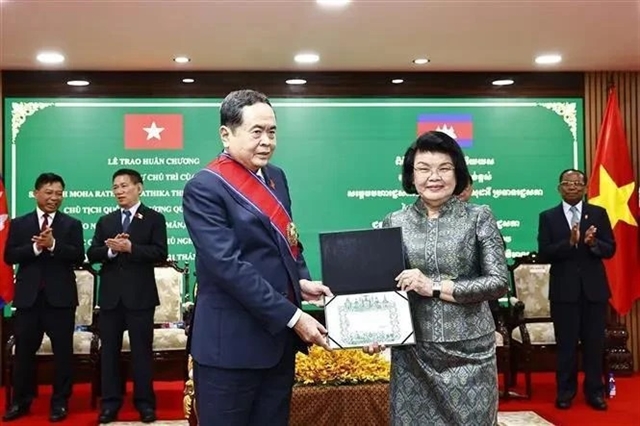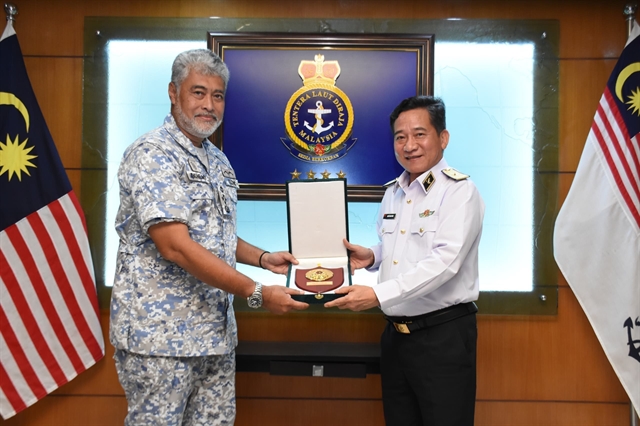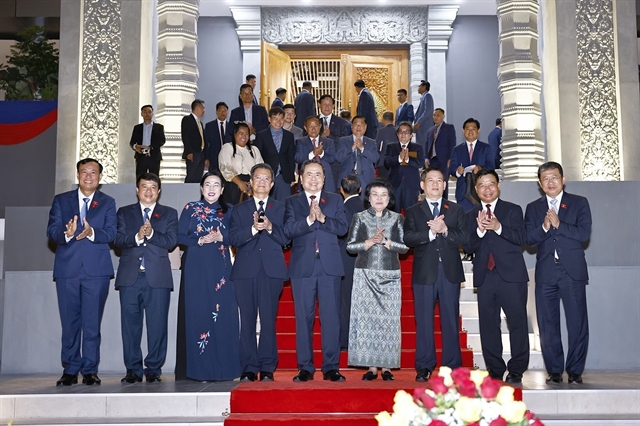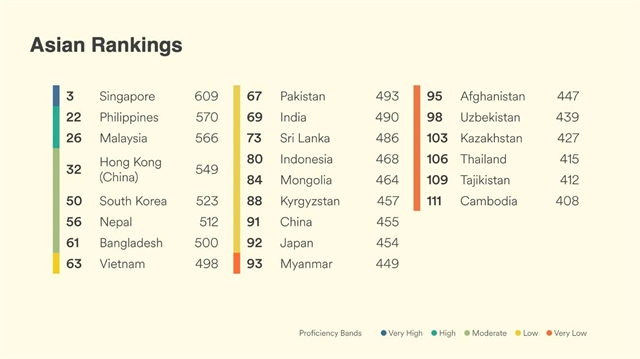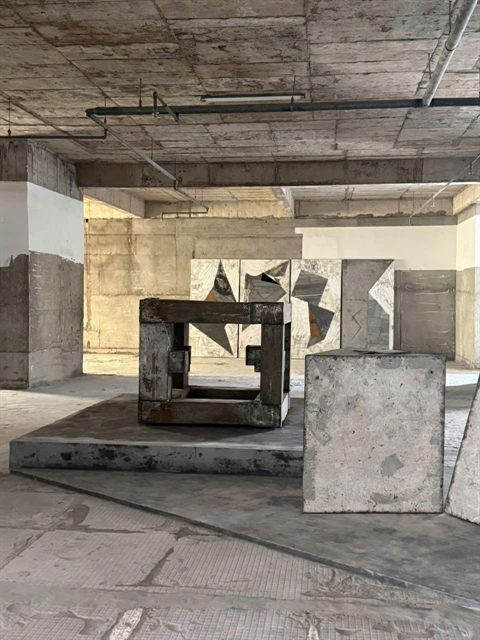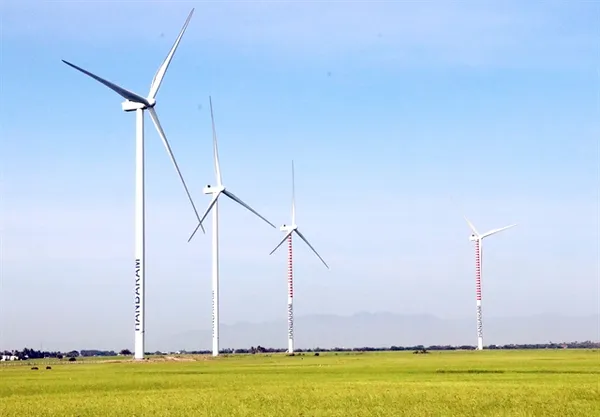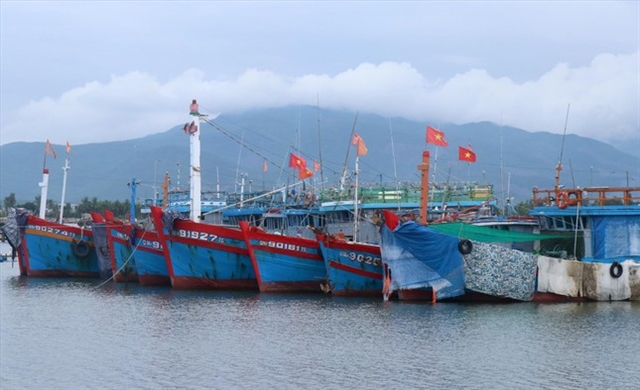 Opinion
Opinion
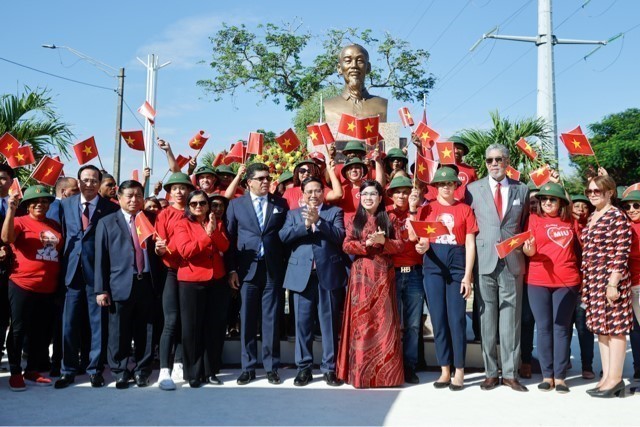
Professor Nguyễn Việt Trung, Editor in Chief of the Acta Mathematica Vietnamica, speaks to the magazine Tia Sáng (A Ray of Light) from the Ministry of Science and Technology on the country’s efforts to improve the quality of Vietnamese science journals.
Professor Nguyễn Việt Trung, Editor in Chief of the Acta Mathematica Vietnamica, speaks to the magazine Tia Sáng (A Ray of Light) from the Ministry of Science and Technology on the country’s efforts to improve the quality of Vietnamese science journals.
What criteria are needed for a Vietnamese science journal to be recognised internationally?
Data bases like Web of Science or Scopus come with four specific requirements.
First, the magazine must be written in English or other international languages;
Second, its editorial board should be recognised internationally;
Third, its publication must come out regularly;
And finally, it should be a good reference source for readers.
Normally, it often takes between one and two years to be recognised internationally.
However, the first three criteria are only considered as a technical requirement while the last criterion is the most difficult for Việt Nam to be qualified for.
What should Việt Nam do to make improvements?
I think the most important element is an experienced Editor in Chief who is a prestigious scientist and a decisive person.
In addition, a good and prestigious magazine also needs good counter-argument. When I came back to Việt Nam I was assigned to work on an article written by a Vietnamese well-known mathematician. At that time, I found out that the paper didn’t present us with any new ideas or discoveries. As a result, I rejected the article and my decision won the approval of Professor Hoàng Tụy who was the Editor in Chief. In 1991, Professor Hoàng Tụy appointed me as the magazine’s Editor in Chief to replace him.
Are you under a lot of pressure?
No doubt about that! People care about their intellectual works. As a result, when their articles were turned down, quite a few people came after me. This is normal, but, there were some cases when the articles were not chosen to be printed in Vietnamese magazines, they later appeared in an international magazine. Of course, in such cases, I became the laughing stock for those authors. It is an occupational hazard I suppose.
Did the Acta Matematica Journal face many challenges in keeping its high quality?
In the beginning (and even now), we did face many difficulties and challenges in both the quality of the journal as well as its English language. In addition, we also had to find a typist who could type in English, the problem of finding quality paper for the magazine cover, the printing quality and others. This is a tough job for us.
But nowadays, the Acta Matematica has become a well-established name. What is the driving force behind such a success?
In my opinion, the main driving force for this success should be attributed to many Vietnamese and foreign mathematicians. For example, Japanese Professor Hironaka who won the Field Prize in 1970 has become one of our regular contributors since 1977.
Some people have raised a question that the Acta Matematica should carry counter-argument articles written by foreign writers. Do you support that idea?
I’m against such an idea. It is the goal of our scientific magazines to be on par with international standards. This is a way for us to confirm that our scientific development is on the right path. That’s why our scientific achievements should be shared internationally and be recognised by our foreign peers.
For example, the magazines Acta Mathematica Vietnamica and Vietnam Journal of Mathematics have been working together with the Springer Publishing House – one of the world leading science publishing houses. We’re in charge of the magazines’ contents and the Springer Publishing House is in charge of printing and distribution abroad. This co-operation raises awareness of the publications.
At present, the Ford Nafosted has also expressed their interest in helping us improve but they have come up with a tough request – i.e each topic supported by Ford Nafosted must have a project that must be published in all Vietnamese magazines.
We are considering their offer and possibly will make some adjustments. For example, a project using financial support from Ford Naforsted will be published in two or three leading magazines in their respective fields. — VNS

